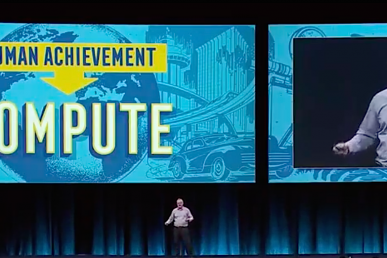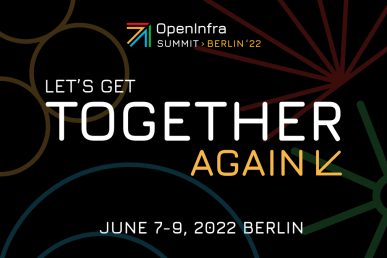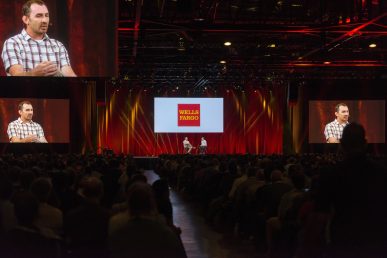Recently I had the opportunity to attend OpenInfra Days in Beijing. This was the first time I’ve ever been to China and perhaps one of the most eye opening experiences for me in my OpenStack career.
Wish me luck! pic.twitter.com/Q0ufNL81hF
— Julia Kreger (@ashinclouds) June 21, 2018
At 9 a.m. sharp, the conference hall filled towards standing-room only and the keynote started. It was a little loud but it was a very large room with what seemed like at least a thousand attendees. One of the organizers mentioned that attendees typically live streamed the keynote sessions as opposed to attending in person. Live translation was being performed and transmitted in the room because only some portions of the keynote were delivered in English.
The communication style was not what I would have expected at an OpenStack summit. In a sense, the focus of the speakers was to convey their message. The focus of the attendees was to take in the message from the speaker.
The second day is was when my perceptions were completely challenged.
One of the reasons I made the trip was to be able to talk to several companies that are using Ironic, obtain feedback and hopefully use that to better inform our community direction. I was unprepared for some of the discussions of scale. Problems that seemed to be fairly unique to one or two deployments around the world suddenly existed in multiple large scale deployments.
Some of the problems that experienced by these deployments were things that had already been solved, but in other cases the uses of the software were just different enough that without a solid understanding of the context of the problem and use case, the larger community would be unable to adequately discuss.
Each discussion shifted from “How can we implement x? How can we contribute back to the community?” and led to “How can we contribute?! We’re small! Not a super large well-known name!”
It immediately became clear that the larger context of not just of the status of contributions but also underlying reasons that suffered from missing context. In the end, we all look at problems the same way. We try and take what we believe to be the logical path forward.
We often forget the community is always larger than we think.
We need to keep in mind that our perception is self localized.
We need to always ask how to help others. How to bridge the gap, and enable.
.
.
.
Tl;dr My trip to Beijing has been eyeopening.— Julia Kreger (@ashinclouds) June 22, 2018
Those of us who are more active day-to-day in our corner of the community operate with that as our community context. We need to remember to listen and that the people we talk to day in and day out are not the the whole community, but only a fraction of it. Communities are always larger than we can possibly perceive and we need to keep that in mind at all times.
And so, moving forward, I will challenge my preconceptions for I now know there’s an even larger world.
We need to better engage and not expect contributors to have our context. We need to share our context and keep in mind that the ways to communicate can be different. No single way is going to ever work.
And now I can be found on WeChat as juliaashleykreger.
And… Putting my wechat id in my slides has already resulted in someone reaching out with questions.
++
— Julia Kreger (@ashinclouds) June 23, 2018

)










